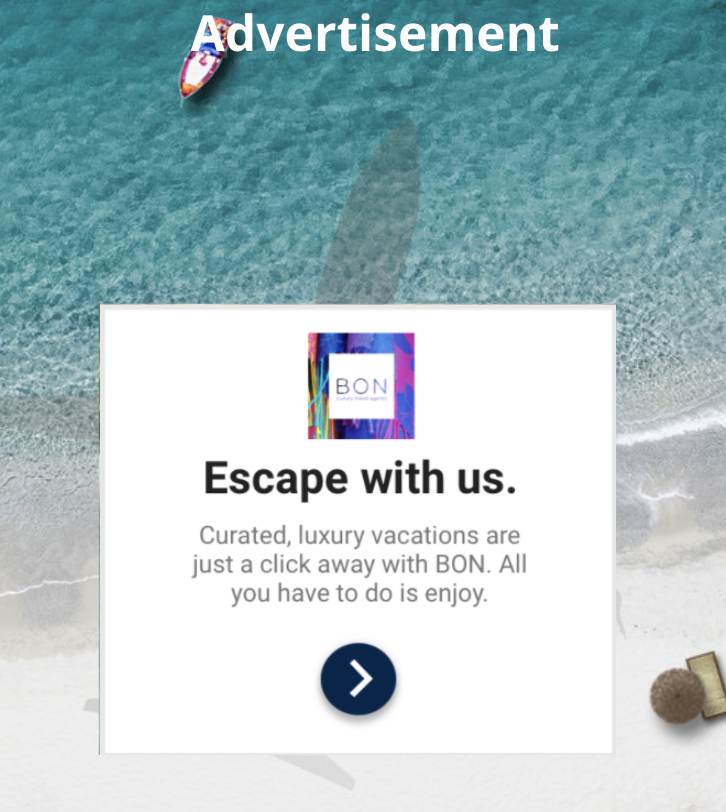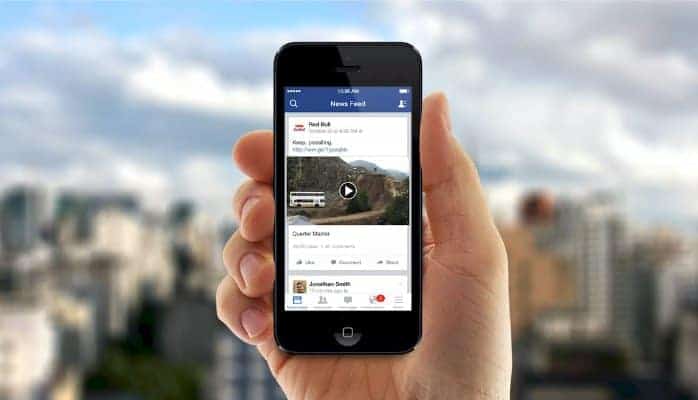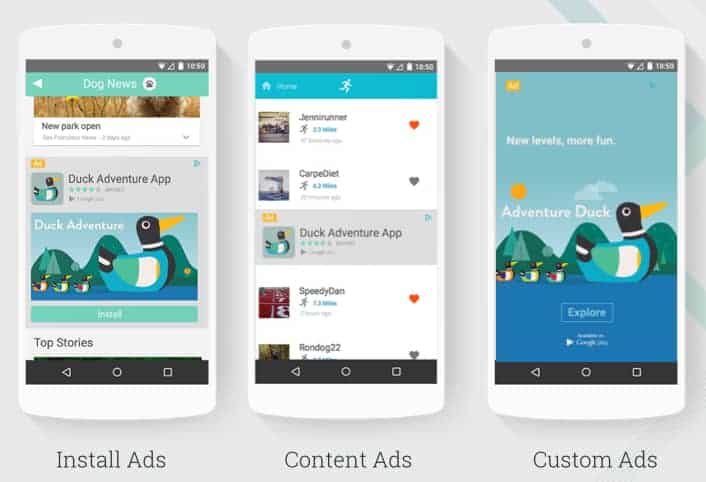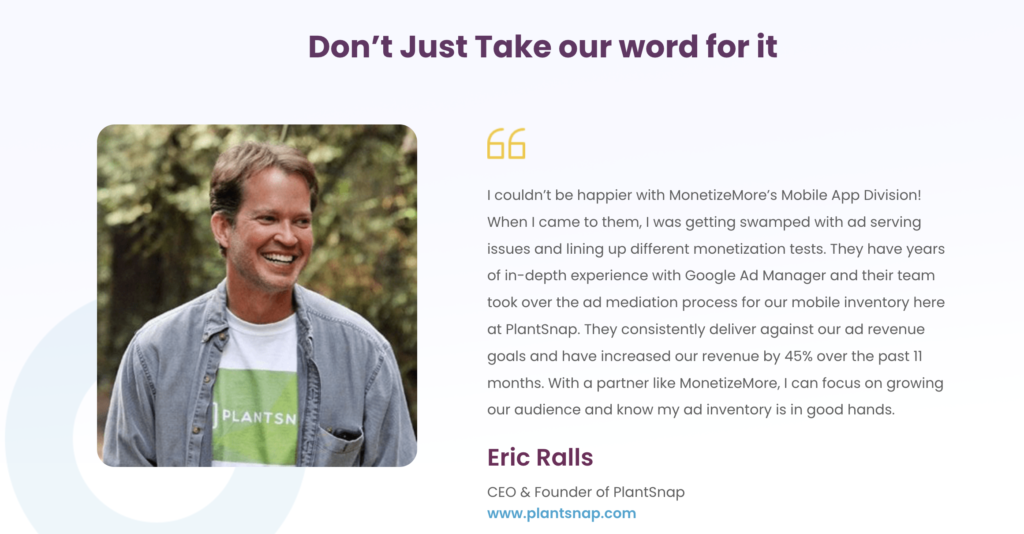Are you unfamiliar with mobile app marketing and don’t know where to start? You don’t live alone! Creating an advertising strategy for an app might be scary, especially if you’ve never done it before. With the right approach, even beginners can develop a compelling strategy that distinguishes their software in a crowded industry. In this post, we’ll guide you step-by-step through the entire process so you can confidently create a mobile app advertising plan.
Recognizing Your Target Audience
Understanding your audience is the first step in developing a successful mobile app advertising plan. Your app isn’t for everyone, after all. Who, therefore, stands to gain the most from it? What are their hobbies, customs, and areas of discomfort?
Your ad creatives are the first impression users get of your app, so they must stand out. Think about how specific phrases or images resonate with your target audience. For example, if your app helps students with their schoolwork, you might use messaging like “Ace your exams with our study guide app” or “Need help? Write my essay for me—just a tap away!” This approach speaks directly to the user’s needs and offers a clear solution. Engaging visuals, clear copy, and a strong call to action will help your ads grab attention and drive conversions.
Ads that directly address the demands of your target audience are more accessible to create when you are aware of them. To begin with, create a semi-fictional buyer persona representing your ideal user. Provide information about your age, gender, occupation, location, hobbies, and app usage patterns. This information can be obtained by surveying your current users or using social media insights and Google Analytics.
Knowing your audience allows you to customize your messaging and pick the best advertising channels. For instance, if your app is targeted at young people, advertising on TikTok or Instagram can be more beneficial than LinkedIn.
Determining Your Advertising Objectives
After defining your target market, it’s time to establish precise, quantifiable objectives for your marketing initiative. What are the objectives of your advertisements? Are you aiming to improve app store rankings, encourage downloads, or raise user engagement?
Selecting Appropriate Advertising Channels
The next stage is to decide which platforms to advertise on after determining your target demographic and your objectives. The favorable tidings? Though each platform has its own advantages, there is no lack of possibilities. Below is a summary of a few well-known ones:

With Google Ads (Universal App Campaigns), you may advertise your app on YouTube, Google Play, the Google search network, and more. Google’s AI-powered platform automates a large portion of the job and optimizes your advertising based on performance.

Instagram and Facebook ads: These two networks provide extremely focused ad placements. Your audience can be divided into groups according to their demographics, hobbies, and actions. Additionally, they offer particular ad types, such as app install advertising, which persuades users to download your app right away.

Apple Search Ads: This is a fantastic alternative if you’re trying to reach iOS consumers. When customers search the App Store for apps similar to yours, these advertisements show up at the top of the results.
TikTok Ads: If your app targets younger users, TikTok is a fun, rapidly expanding platform. Compared to traditional advertisements, their ad forms are entertaining and can feel more natural.
Try out several platforms, but don’t forget about your target audience. To determine which platforms provide the best return on investment (ROI) for your app, test a range of them.
Making Eye-Catching Ad Creatives
Your advertising creative needs to be timely and interesting since people will see it first. Whether it is a text, image, or video commercial, you want to create something that entices users to acquire your program and clearly states why they should.
The following advice can help you create effective advertising creatives:

Highlight your app’s USP (unique selling proposition): What sets your app apart from the competition? Focus on the features or benefits that set it apart.
Use Eye-Catching Images: Great images and videos have the power to make an impact. Show off your app’s features or highlight the problem it fixes.
Add a clearly stated Call to Action (CTA): Make sure consumers know exactly what needs to happen next. Whatever your call to action, it should be easy to click on—”Download Now” or “Try for Free.”
Try Different Formats: Don’t be afraid to experiment with different ad formats. Try out pictures, videos, and even interactive ads to see what works best for your target demographic.
Monitoring and Enhancing for Extended Achievement
After your advertisements go live, it’s imperative to monitor their efficacy. The last thing you want to do is invest funds in futile marketing campaigns. Platforms like Facebook, Apple Search Ads, and Google Ads, which provide thorough analytics, allow you to monitor your campaigns in real-time.
Digital advertising offers several advantages, including its ability to optimize in real-time. You can alter an advertisement if it’s not working as well as anticipated. You may, for instance, alter the headline, tweak your targeting, or boost the spending on the advertisements that perform well. A/B testing can be used to identify the audiences and creatives that work well together.
As more people download your app and you gather more data, your strategy will become more refined. The goal is to improve performance while reducing costs and gradually increasing conversions.
MonetizeMore specializes in optimizing your ad inventory across all devices. Find out more about our multi-platform monetization solutions by getting started here!
source https://www.monetizemore.com/blog/mobile-app-advertising/




0 Comments